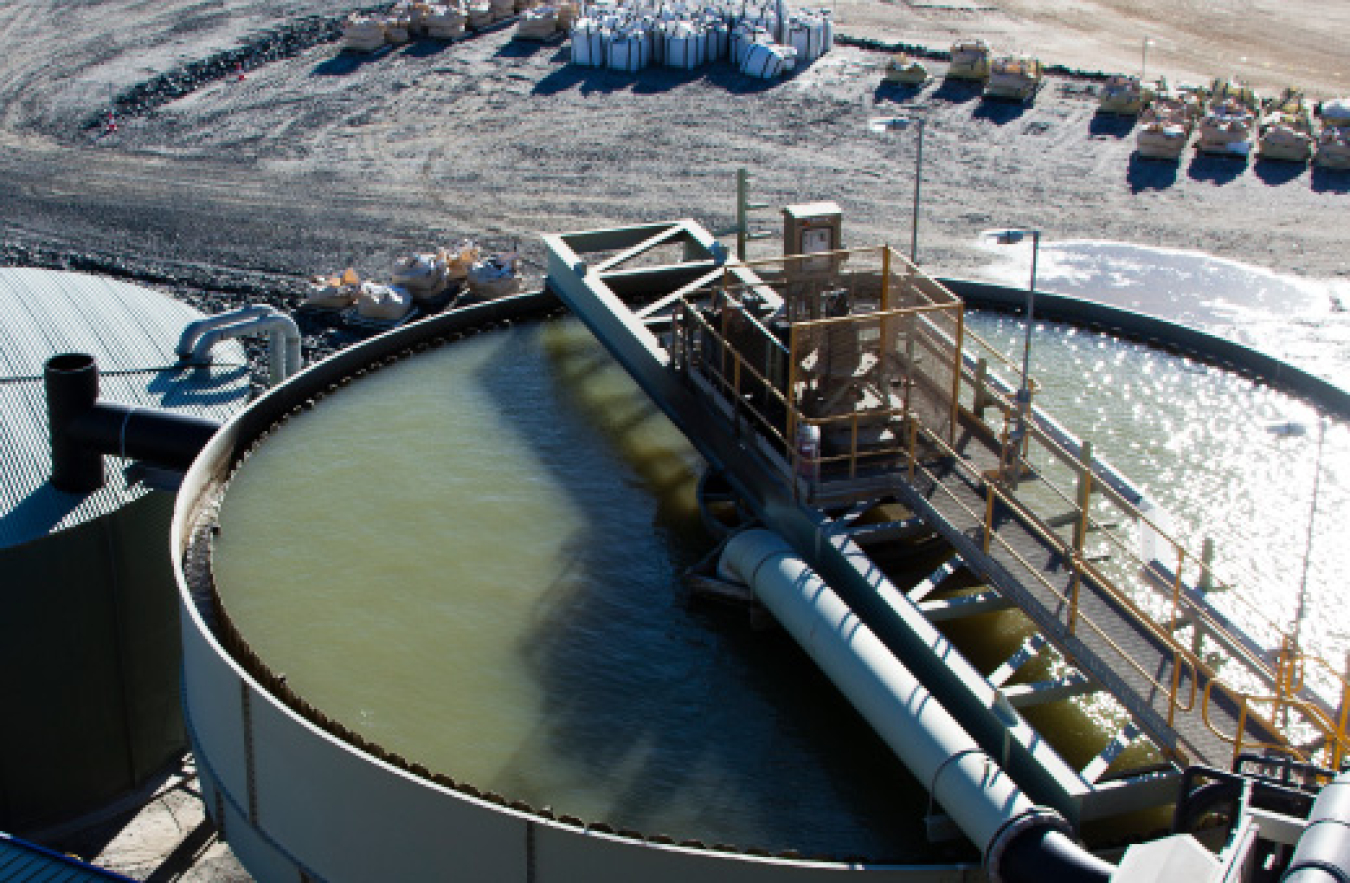This Tech Talk highlights how LPO is working to support an environmentally and socially responsible domestic supply chain for critical minerals by providing access to debt capital for qualifying projects across the supply chain.
Office of Energy Dominance Financing
February 16, 2023
As the United States works to decarbonize the power sector by 2035 and the economy by 2050, the critical materials supply chain is in the spotlight and under a microscope. Mineral extraction and processing as well as component manufacturing are central to the clean energy transition, and onshoring and re-shoring the supply chain is a top national priority. Currently, the United States is almost entirely reliant on imports of processed materials such as lithium, cobalt, and graphite for use in clean energy technologies. The production of many of these raw and processed materials are concentrated in a few countries, some of which do not meet the United States’ standards for social, environmental, and ethical business practices.
There is enormous opportunity for advancements throughout the critical mineral supply chain to improve processes and technologies, increase output, and create good jobs and stronger communities. The Department of Energy (DOE) Loan Programs Office (LPO) is working to support an environmentally and socially responsible domestic supply chain for critical minerals by providing access to debt capital for qualifying projects across the supply chain, from materials processing to component manufacturing.
LPO finances next-generation U.S. energy infrastructure, serving as a bridge to bankability for breakthrough projects and technologies and de-risking them at early stages of investment so they can be developed at commercial scale and achieve market acceptance.
Why critical materials?
The technologies powering the clean energy transition are critical materials-intensive. To meet climate targets while maintaining stable supply chains, the United States will need to significantly increase its supply of critical materials by 2035. LPO estimates that the energy transition will require approximately a tenfold increase in global lithium, cobalt, nickel, and graphite production compared to present levels. Currently, the United States does not process many of these minerals at scale, so gaining this expertise domestically will be crucial. Developing efficient recycling technologies and processes to recover the material already in circulation can further reduce our reliance on mining activity.
Strengthening the country’s critical materials supply chain is a top priority for the Biden Administration as it works to ensure U.S. energy independence in the shift to a clean energy economy. Several countries in Asia currently control the critical mineral refining and component manufacturing markets. Onshoring and re-shoring these activities will reduce the United States’ reliance on foreign nations and insulate the supply chain from global bottlenecks. To address this need, DOE announced a comprehensive strategy to secure America’s clean energy supply chain. A core focus within the strategy is increasing the availability of the critical materials that are essential components of clean energy technologies.
As LPO supports projects to onshore and re-shore the critical materials production, LPO also conducts rigorous due diligence that is comparable to, if not more stringent than, what is done in the private sector. Due diligence includes market reviews, technology assessment, and country risk evaluation, among other factors. LPO and, when relevant, other federal agencies including the Environmental Protection Agency and Bureau of Land Management, evaluate and monitor the borrower’s compliance with environmental, social, and governance standards. Together, these measures help ensure that all LPO-financed projects are developed in a fair, equitable, and environmentally responsible manner.
LPO can support qualifying projects that increase the domestically produced supply of critical minerals, which may include but are not limited to:
- Critical Minerals Processing: Projects that process critical minerals using innovative technology for end use in a variety of eligible clean energy technologies, or for projects that manufacture eligible advanced technology vehicles or their components.
- Components Manufacturing: Innovative manufacturing projects for end use in a variety of clean energy technologies, or projects that manufacture eligible advanced technology vehicles or their components.
- Critical Minerals Recycling: Projects that employ innovative technology to improve critical minerals recycling, or that recycle critical materials for eventual end use in eligible advanced technology vehicles or their components.
These projects and others like them will help the United States chart its course to a decarbonized future.
Contributors: Jatin Khanna and Anthony Bolanos


